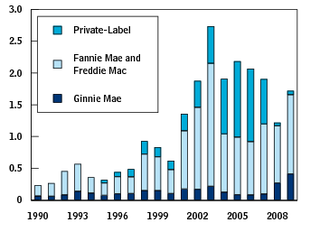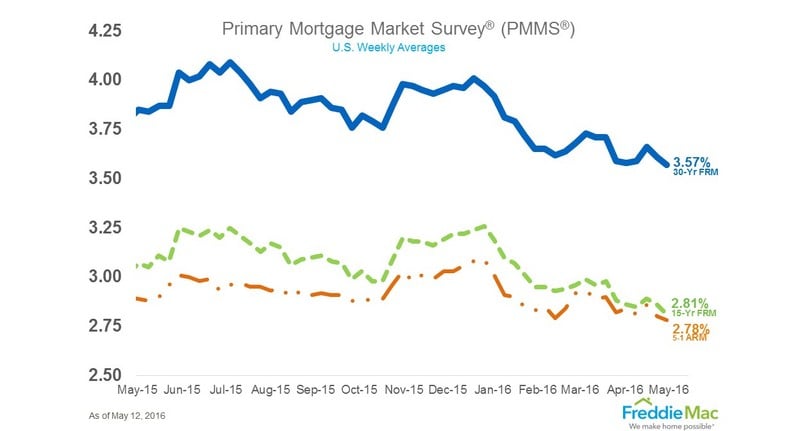45( a). Charging unearned fees might be thought about deceptive for the following factors. First, by falsely representing on the HUD-1 Settlement Statement that points are discount rate points, a monetary institution might deceive customers into believing they were getting a discount off the par rate of interest. When evaluating the truths, inspectors could think about whether loan officers understood, prior to loan closing, what the interest rate deduction ought to have been relative to the discount points charged and whether borrowers were informed that either the discount rate fees would not lead to a proportional discount in the rates of interest or that no discount rate would be offered.
Lastly, the misstatement would be thought about material if it worried an adequately large amount of unearned fees or affected a big group of borrowers. Claims made with the knowledge that they are incorrect need to be presumed to be material. For example, a financial institution's knowledge that charges revealed as discount rate points on a HUD-1 Settlement Declaration were not, in fact, resulting in a commensurate discount rate to customers would be presumed material (what is a gift letter for mortgages).
Charging unearned discount points can also have fair financing ramifications. If a lender charges discount points without actually decreasing the rate and the practice has a prohibited diverse impact, the practice could breach the ECOA, as implemented by Regulation B, and the FHA. Guideline B forbids discrimination versus a candidate on a prohibited basis (race, color, religious beliefs, nationwide origin, sex, marital status, age, invoice of public assistance, or exercising rights under the Customer Credit Security Act) concerning any aspect of a credit transaction.
1002. 4( a). As described in the Authorities Staff Commentary, the ECOA and Regulation B "might forbid a creditor practice that is inequitable in impact due to the fact that it has a disproportionately negative effect on a forbidden basis, although the creditor has no intent to discriminate and the practice appears neutral on its face, unless the financial get rid of timeshare immediately institution's practice fulfills a legitimate service need that can not reasonably be attained too by methods that are less diverse in their impact." Similarly, area 3605 of the FHA forbids discrimination in property realty transactions due to the fact that of race, color, religion, sex, handicap, familial status, or nationwide origin.
In many cases, loan officers charged customers discount points without a commensurate decrease in the note rate. An analytical analysis of the customers exposes that the practice had a diverse impact on Hispanic borrowers. Of the 100 Hispanic customers, 40 paid unearned discount rate points (40 percent). Of the 80 non-Hispanic white debtors, 20 paid unearned discount rate points (25 percent).
The Main Principles Of What Is The Current Apr For Mortgages
This difference is statistically significant at the 5 percent level. If the financial institution in this situation can not offer a genuine business reason for these variations, the practice could make up a pattern or practice of credit discrimination in offense of the FHA, the ECOA, and Policy B. Area 706( g) of the ECOA, 15 U.S.C.
Department of Justice when a federal banking firm has reason to believe that a lender has actually violated section 701( a) of the ECOA by engaging in a pattern or practice of discrimination and offers discretionary referral authority for private violations of area 701( a), 15 U.S.C. 1691( a). In Freeman v. Quicken Loans, Inc., 132 S.
2034 (2012 ), the U.S. Supreme Court just recently narrowed significantly the circumstances in which an unearned fee will break section 8( b) of the Property Settlement Procedures Act (RESPA). The Supreme Court all concluded, based on the statutory language, that a section 8( b) violation for an unearned charge need to involve "a charge for settlement services [that] was divided between 2 or more persons." Since the plaintiffs in Freeman did not allege that Quicken split discount points with anyone else, the court affirmed the dismissal of the case.
On August 17, 2012, the CFPB provided a rulemaking proposition under Guideline Z to carry out home mortgage arrangements in Title XIV of the Dodd-Frank Act, consisting of an arrangement in area 1403 restricting discount rate points. To secure consumers while allowing lenders to continue providing home mortgages with discount rate points, the CFPB proposed 2 requirements for discount points.
Second, the debtor should get a bona fide reduction in the interest rate of the loan with discount rate points compared to the interest rate on the alternative loan without discount rate points. Discuss the proposal are due by October 16, 2012. The CFPB anticipates to release a last guideline by January 21, 2013, as required by section 1400( c)( 1) of the Dodd-Frank Act.
The Buzz on What Is Today Interest Rate For Mortgages
Policies, treatments, and manages related to home mortgage loan pricing ought to be adequate to avoid loan officers from representing to borrowers that the rate was lowered since the debtors purchased discount rate points without in fact lowering the rate. A lender's pricing policy or guidelines ought to specify and state that loan officers are restricted from charging discount points that do not result in a proportional lowering of the interest rate.
However, charging unearned discount points can result in infractions of laws and policies and increased legal and reputational threats for financial organizations - what is the current interest rate for home mortgages. Such violations could also result in required remediation to affected debtors and other supervisory actions, including a possible referral to the U.S. Department of Justice if there is a reasonable lending violation.

Home mortgage come in variations of these classifications, and home loan rates can differ by loan type: include mortgages guaranteed by the Federal Housing Administration (FHA loans) and mortgages guaranteed by the Department of Veterans Affairs (VA loans) and the Department of Agriculture (USDA loans). These loans have lax certification criteria and are attractive to newbie home purchasers.

tend to be plain-vanilla home mortgage that satisfy qualifications set by mortgage giants Fannie Mae and Freddie Mac. They typically have greater minimum credit history than government-backed loans. Mortgage rates for these loans can be beneficial since lenders normally think they are providing to lower-risk customers (how does chapter 13 work with mortgages). A fixed-rate loan has one rate of interest over the life of the home mortgage, so that the regular monthly principal-and-interest payments remain the exact same until the loan is settled.
ARMs normally begin with a low rate of interest for the first couple of years, however that rate can go higher. MORE: The term is the number of years it will take to settle the mortgage. The most common home mortgage term is thirty years. Another choice is the $115-year term, which is popular for refinancing.
More About What Is The Current Variable Rate For Mortgages
However over the loan's life, you pay more interest on a term than a 15-year term because you're making two times as numerous payments. Shorter-term mortgages typically Click for info have lower mortgage rates than long-lasting loans. Debtors might select other terms, such as 20 or ten years. There is a limitation on the size of a loan that Fannie Mae and Freddie Mac will back.
The adhering limit varies by county and may be changed every year. A is a home loan for more than the conforming limit. The lending criteria tend to be stricter for jumbo loans: They frequently need higher minimum credit scores, deposits and debt-to-income ratios than conforming loans. Again, loan Learn more provider danger drives your home loan rate here.